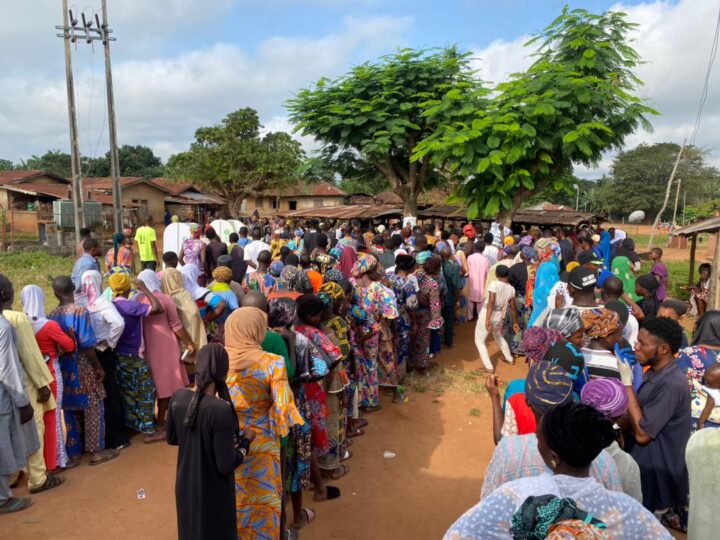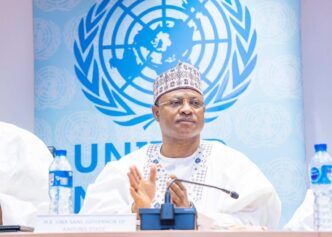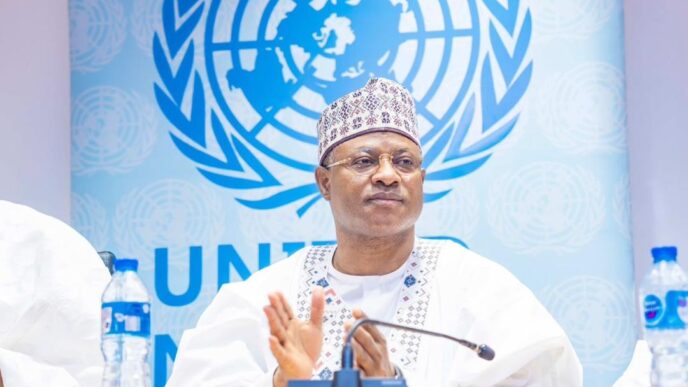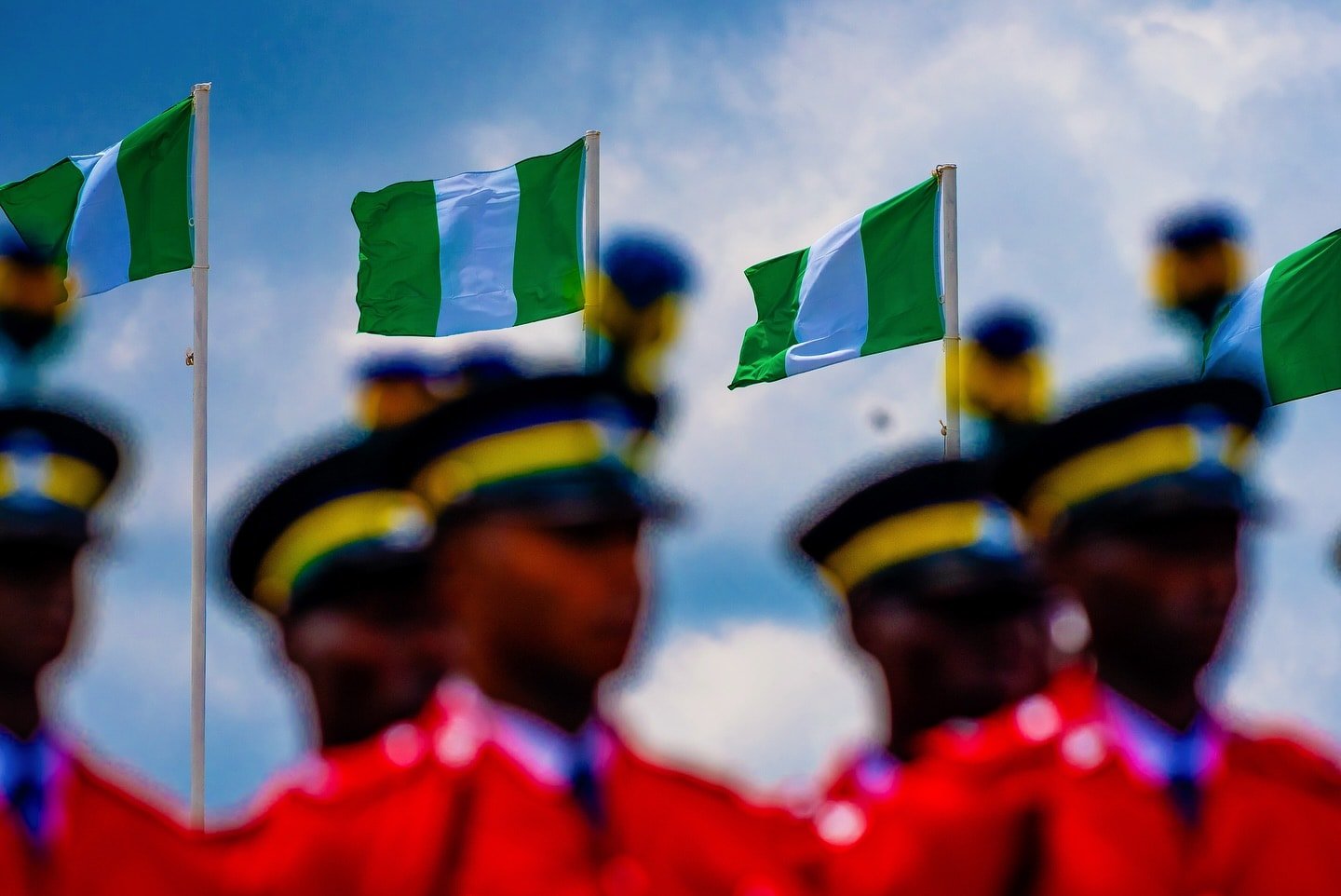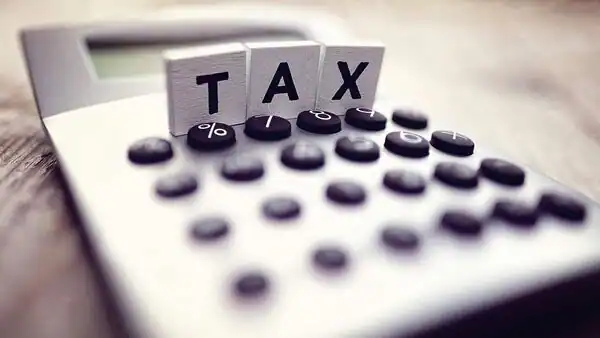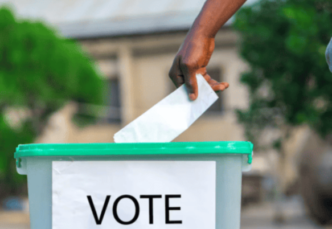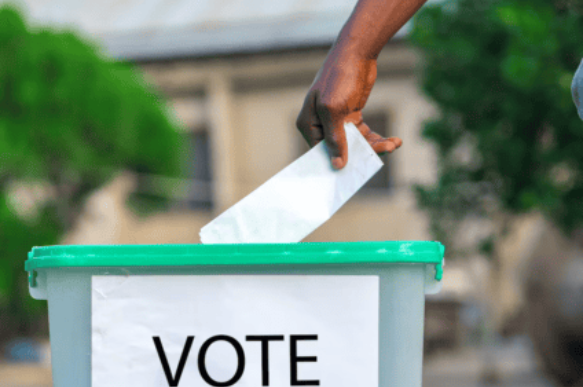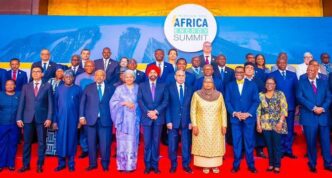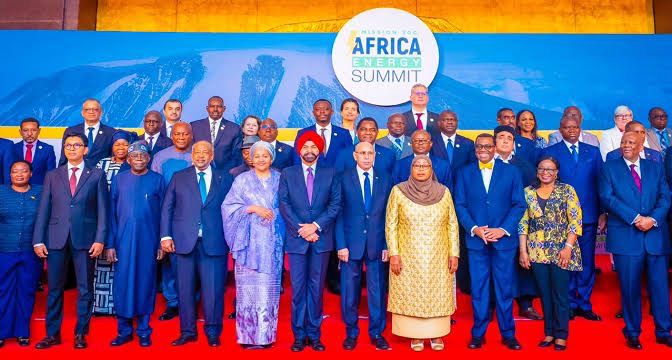A file picture of Nigerians waiting to vote during an election
BY KUNLE LAWAL
The systemic exclusion of women from Nigerian politics can be traced back to colonial governance structures, particularly the Richards Constitution of 1946. This constitution stipulated that individuals must meet a specific financial threshold to be eligible to run for office. Given the economic disenfranchisement of women at the time—where they were largely confined to informal trade and lacked access to wealth accumulation—this requirement effectively shut them out of political participation.
While this explicit wealth requirement no longer exists in modern Nigeria, its legacy persists. The economic gap between men and women continues to be a major hurdle in electoral politics, where financial capacity often determines the viability of a candidate. Women still face significant difficulties in fundraising for campaigns, securing party endorsements, and navigating a political system that remains largely male-dominated.
Patriarchal political party structures
Advertisement
Political parties, which serve as the gateways to elective office, remain deeply patriarchal. Women often find themselves sidelined in party decision-making processes, with party leaders—overwhelmingly male—favouring candidates who fit entrenched political moulds. This makes it difficult for women to secure party tickets for competitive elections.
The illusion of free forms and its consequences
In recent years, many parties have introduced policies to encourage female participation by waiving nomination form fees for women. However, this policy has had an unintended negative consequence. Instead of empowering women, it has relegated them to the status of token candidates, with political parties seeing them as symbolic entrants rather than serious contenders. By not investing in their campaigns the way they do for male aspirants, parties effectively reduce the chances of female candidates winning elections.
Advertisement
The data reflects this trend—despite free nomination forms, the number of elected women in office has decreased rather than increased. This suggests that political parties may use these policies as a mere public relations strategy while continuing to prioritize male candidates in actual electoral contests.
Financial disparity and electoral costs
Even with free nomination forms, running a campaign in Nigeria is extraordinarily expensive. From securing delegates in primaries to funding grassroots mobilization, electioneering requires significant financial resources. Women, who historically have less access to political funding networks, often find themselves unable to compete at the same financial level as their male counterparts.
Violence and intimidation
Advertisement
Electoral violence and intimidation disproportionately affect women. Politics in Nigeria is still riddled with threats, harassment, and physical violence—deterring many women from even attempting to contest. In a system where security during elections is often inadequate, women face higher risks of being pushed out of the political space.
Cultural perceptions and voter bias
Many Nigerian communities still adhere to traditional gender roles that frame leadership as a male responsibility. Women candidates often have to fight against stereotypes that question their competence and capability. This societal bias affects both party decisions and voter behaviour, making it harder for women to secure electoral victories.
SOLUTIONS TO WOMEN’S POLITICAL SUCCESS
Advertisement
Enforceable quotas for women in elective and appointive positions: Countries that have significantly improved women’s political participation—such as Rwanda and South Africa—have done so by implementing legally binding gender quotas. Nigeria must move beyond mere advocacy and introduce enforceable laws ensuring a minimum percentage of elected and appointed positions go to women.
Targeted financial support for female candidates: Political parties, donor organizations, and government agencies must establish structured financial support mechanisms for female candidates. This could take the form of dedicated campaign funding, microfinance initiatives, and political mentorship programs that connect women to credible financial networks.
Advertisement
Internal political party reforms: Political parties must be compelled to ensure fair primaries for female aspirants. The Independent National Electoral Commission (INEC) should impose sanctions on parties that do not actively support the inclusion of women beyond the tokenism of free forms.
Security for female candidates: Law enforcement agencies must take electoral violence against women seriously. Special election security units should be established to protect female candidates and ensure their safety during campaigns.
Advertisement
Political literacy and grassroots mobilisation: Beyond just contesting, women must be actively involved in grassroots politics and community decision-making structures. Programs aimed at increasing women’s political literacy—like those championed by Electoral College Nigeria—should be expanded to equip women with the knowledge and confidence to navigate the political system effectively.
Conclusion
Advertisement
The challenges women face in Nigerian politics are not due to a lack of competence or ambition but rather a deeply entrenched system designed to exclude them. Addressing these issues requires more than just symbolic gestures like free forms—it demands structural reforms, financial inclusion, security guarantees, and a shift in societal attitudes. If Nigeria truly wants to achieve representative democracy, it must take deliberate steps to dismantle the barriers preventing women from attaining political success.
Kunle Lawal is the executive director of Electoral College Nigeria
Views expressed by contributors are strictly personal and not of TheCable.
Add a comment
